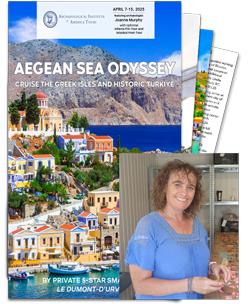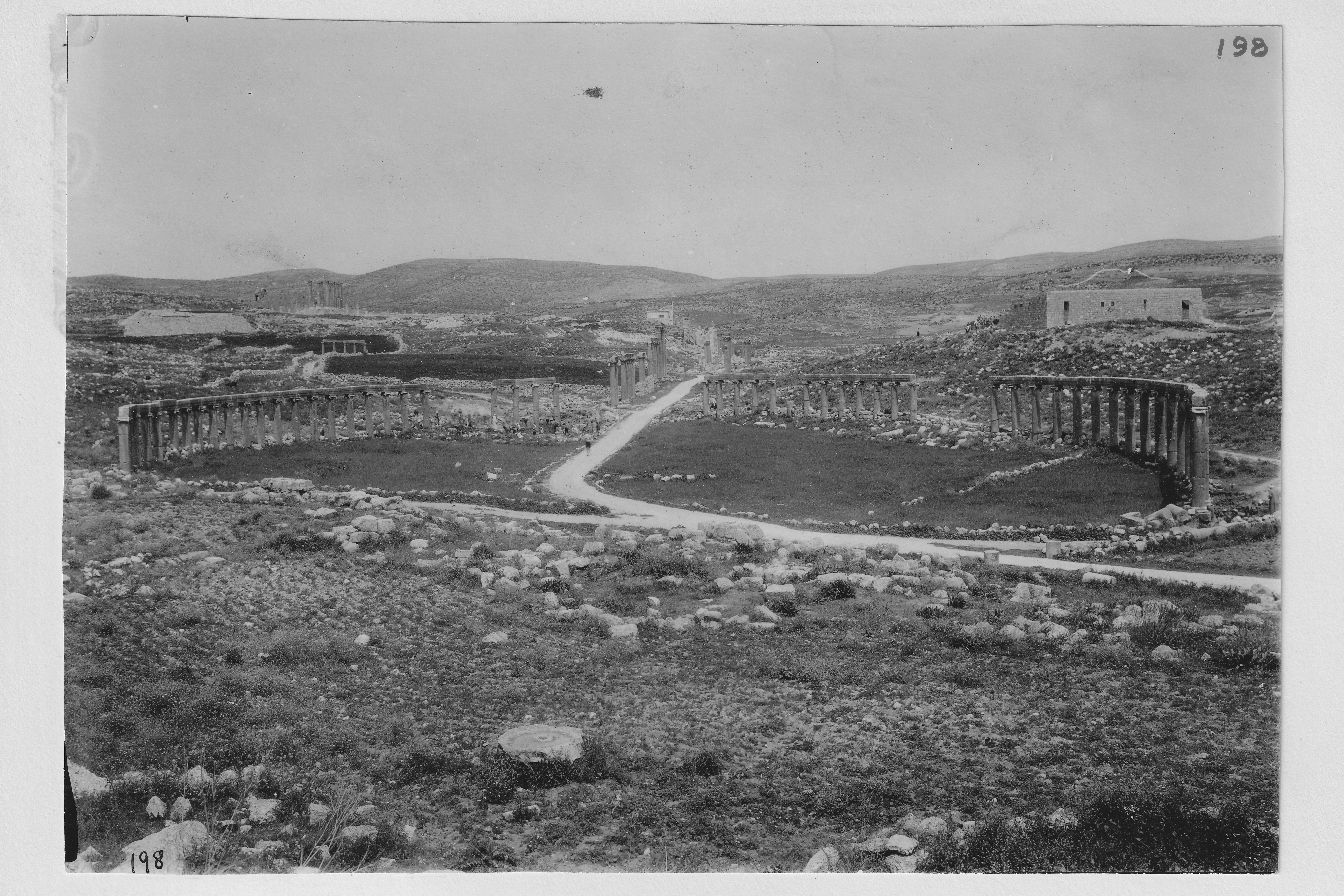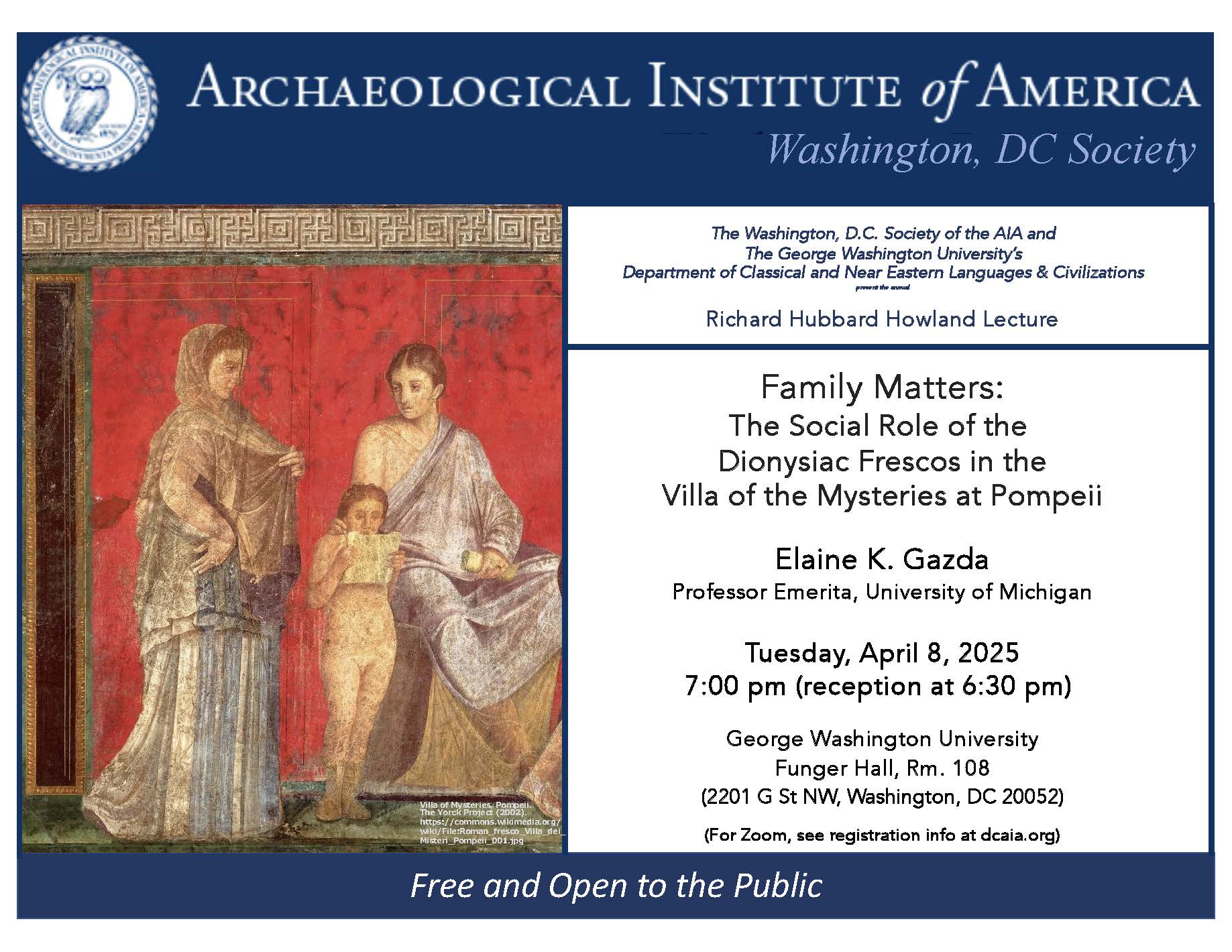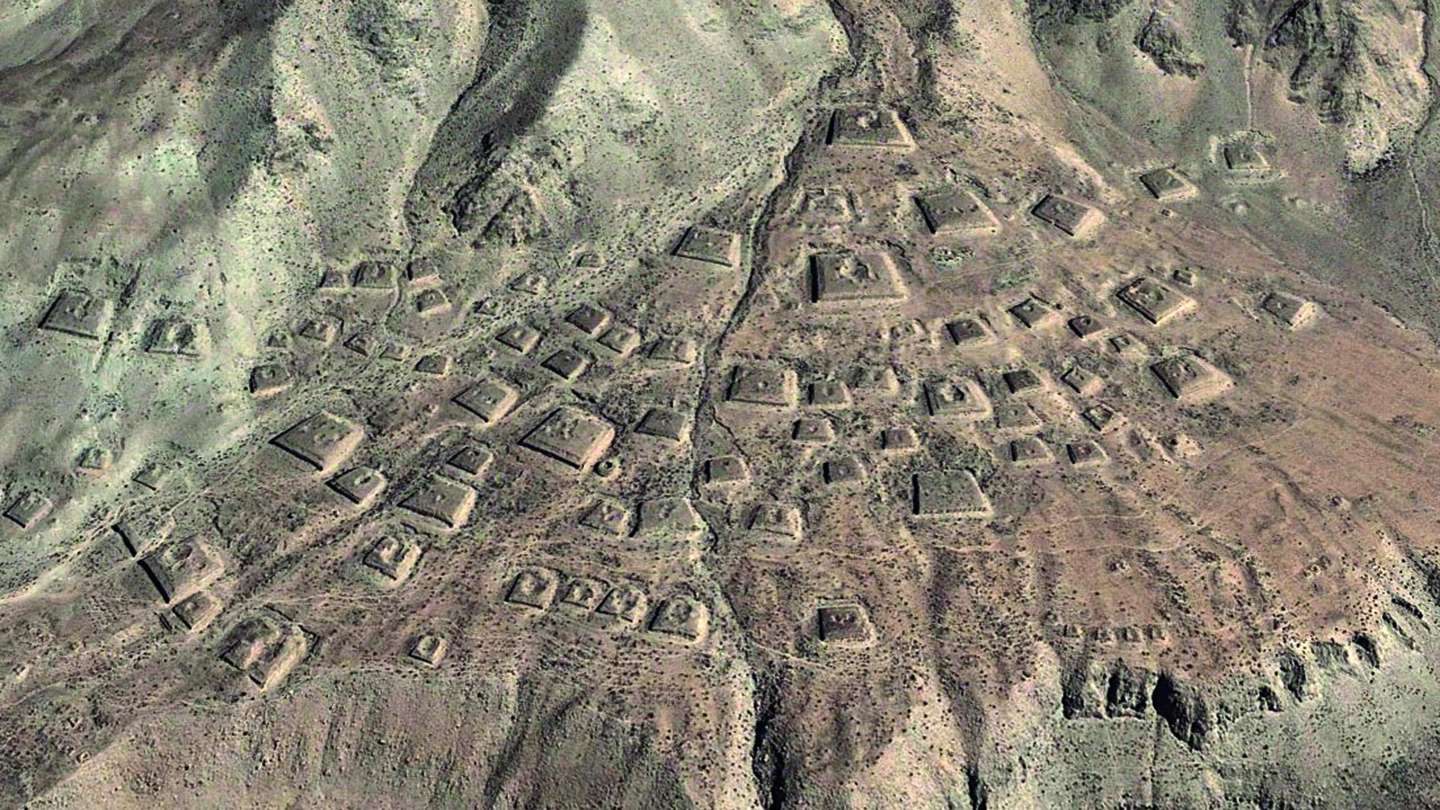Aegean Sea Odyssey: Cruise the Greek Isles & Historic Türkiye
Join Archaeological Institute of America lecturer and host Joanne Murphy, a classical archaeologist and an engaging professor, on a captivating journey cruising the Aegean Sea among the cultural coastal gems […]




